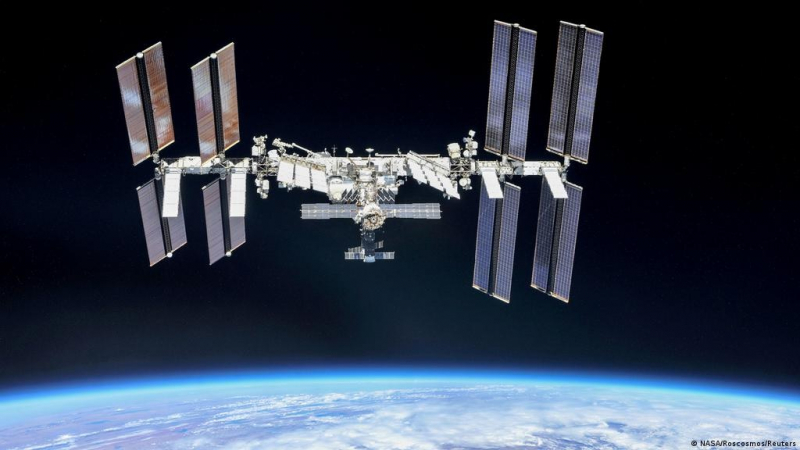International Space Station
The International Space Station (ISS) is a low-Earth-orbiting modular space station (habitable artificial satellite). NASA (United States), Roscosmos (Russia), JAXA (Japan), ESA (Europe), and CSA (Canada) are among the five space agencies involved in the project (Canada). Intergovernmental treaties and agreements control the ownership and usage of the space station. The station acts as a microgravity and space environment research laboratory, where astrobiology, astronomy, meteorology, physics, and other subjects are studied. The International Space Station is ideal for testing spacecraft systems and equipment for potential long-duration trips to the Moon and Mars.
The International Space Station was designed to serve as a laboratory, observatory, and factory while also providing transportation, maintenance, and a staging station for future expeditions to the Moon, Mars, and asteroids. However, not all of the uses envisioned in NASA and Roscosmos' first memorandum of the agreement have been achieved. The ISS was assigned new tasks under the 2010 United States National Space Policy, including economic, diplomatic, and educational missions. As of August 2019, the space station has completed 218 spacewalks while orbiting the Earth sixteen times every day. The total cost of this project was $150 billion.
Cost: $150 billion










